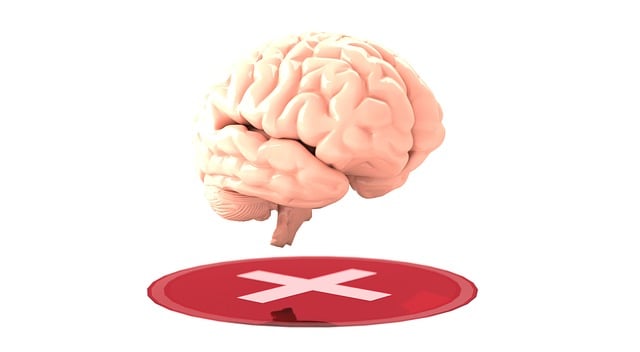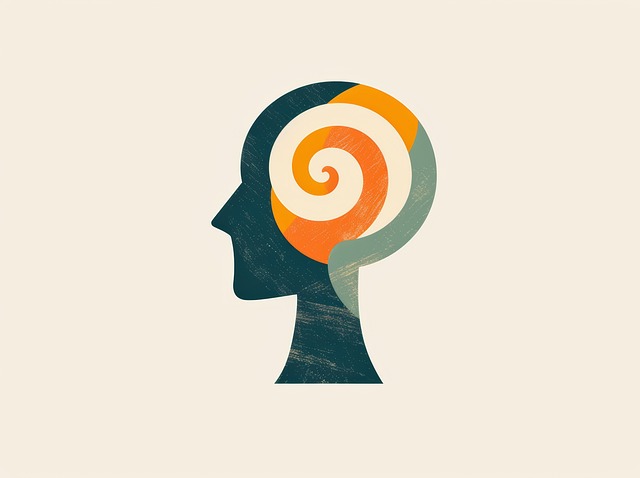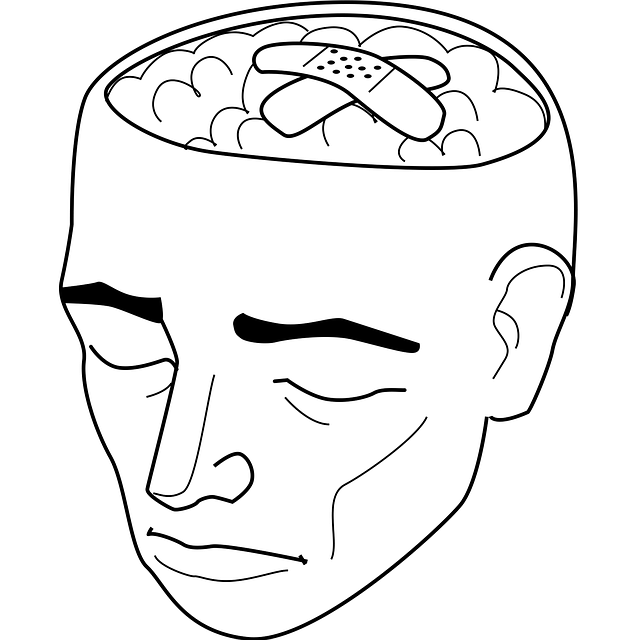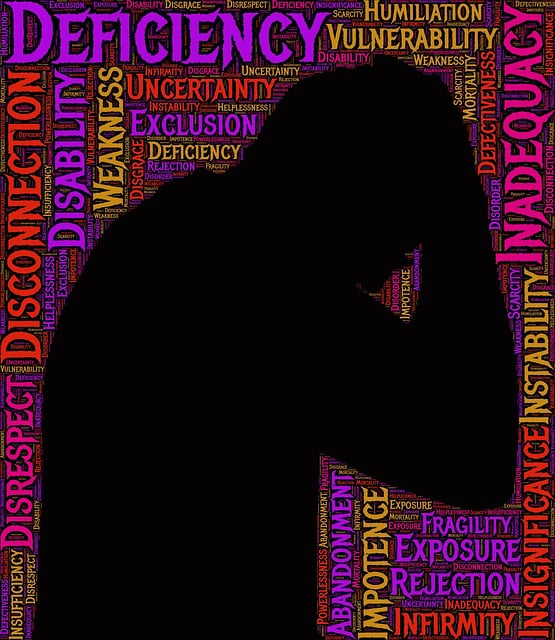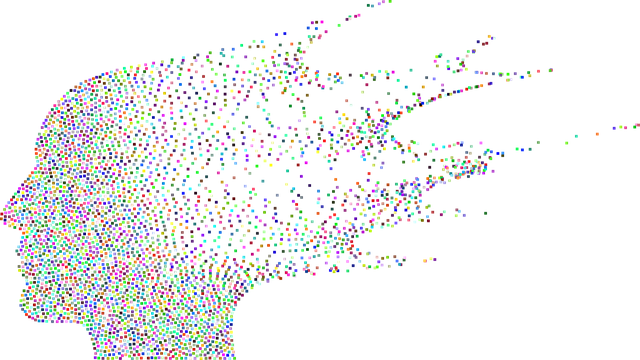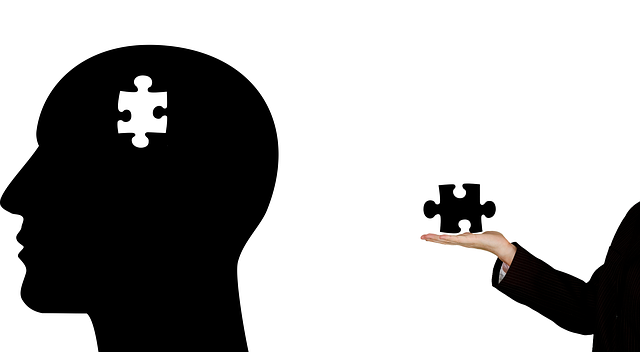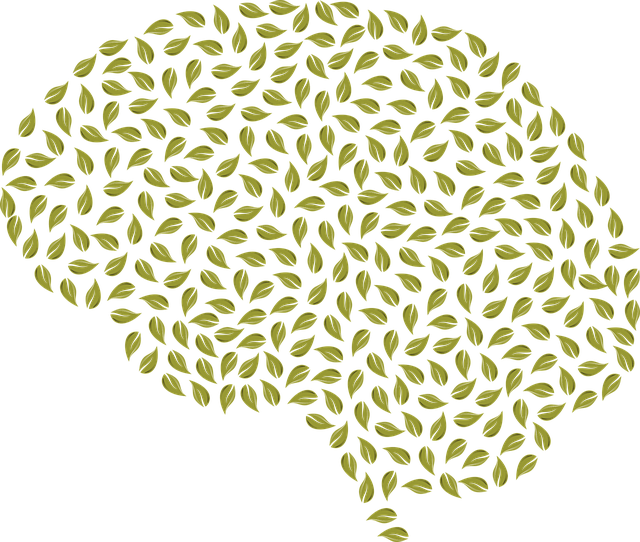Mental wellness among elders is a critical aspect of holistic healthcare in an aging population. Unique barriers like physical decline and isolation hinder access to traditional therapy, making tailored coaching programs essential. Mindfulness meditation and evidence-based treatments, including CBT, empower elders to manage stress, improve cognitive function, and enhance overall resilience. Psychological testing provides deep insights for personalized care plans, addressing specific challenges and combating mental illness stigma. A supportive environment with community initiatives, family involvement, and public awareness reduces isolation and promotes well-being. Open communication, early intervention, self-awareness exercises, and trauma support services ensure elders receive necessary care through therapy and psychological testing.
Mental wellness promotion among seniors is a growing concern, given the unique challenges and needs that come with aging. This article delves into essential aspects of supporting older adults’ mental health, including understanding their specific challenges, effective therapy options, and the value of psychological testing. We explore community initiatives, family involvement, preventative measures, and the role of early intervention in fostering a supportive environment for elders’ overall well-being. Additionally, we discuss the benefits of therapy and psychological testing as key tools in addressing psychological distress among this demographic.
- Understanding Mental Wellness in Elders: Challenges and Unique Needs
- The Role of Therapy: Effective Treatments for Psychological Distress
- Psychological Testing: Unlocking Insights for Personalized Care
- Fostering a Supportive Environment: Community Initiatives and Family Involvement
- Preventative Measures: Encouraging Open Conversations and Early Intervention
Understanding Mental Wellness in Elders: Challenges and Unique Needs

Understanding mental wellness among elders is a critical aspect of holistic health care. As our population ages, recognizing the unique challenges and needs of older adults becomes increasingly essential. The concept of mental wellness involves not just the absence of mental illness but also emotional, psychological, and social well-being. Elders may face distinct barriers to maintaining their mental health due to various factors such as physical health decline, isolation, loss of loved ones, and cognitive changes. These challenges can impact their ability to access traditional therapy for elders or participate in psychological testing, which are vital tools for assessment and support.
Mental wellness coaching programs specifically tailored for older adults can play a significant role in addressing these unique needs. Incorporating practices like mindfulness meditation has been shown to help manage stress, improve cognitive function, and enhance overall mental resilience. By understanding the specific challenges faced by elders, healthcare professionals can develop effective strategies and interventions that promote mental wellness, ensuring a better quality of life for this demographic.
The Role of Therapy: Effective Treatments for Psychological Distress

Therapy plays a pivotal role in promoting mental wellness and alleviating psychological distress among elders. Effective treatments such as cognitive-behavioural therapy (CBT), mindfulness-based interventions, and psychodynamic therapy have proven beneficial for this demographic. CBT aids in identifying and changing negative thought patterns and behaviours, while mindfulness practices promote present-moment awareness and emotional regulation. These therapeutic approaches not only address immediate concerns but also foster resilience and adaptive coping strategies.
When it comes to mental health support, psychological testing is a valuable tool. It helps professionals assess an elder’s cognitive function, emotional state, and potential risk factors for depression, anxiety, or other mental health issues. By integrating the results of such tests with therapy, healthcare providers can tailor burnout prevention strategies for elders, specifically focusing on resilience building and emotional healing processes. This comprehensive approach ensures that each individual receives personalized care to address their unique challenges and promote long-term mental wellness.
Psychological Testing: Unlocking Insights for Personalized Care

Psychological testing plays a pivotal role in mental wellness promotion, especially for elders seeking therapy. These assessments go beyond surface-level conversations to uncover deeper insights about an individual’s cognitive functions, emotional states, and behavioral patterns. By employing standardized tools, professionals can identify strengths and weaknesses, pinpointing areas that may require intervention or support. This personalized approach ensures that care plans are tailored to meet the unique needs of each elder.
For instance, psychological testing can reveal social skills deficiencies or emotional regulation challenges, enabling therapists to incorporate targeted strategies into treatment regimens. Moreover, it aids in addressing the pervasive issue of mental illness stigma by providing objective data to challenge stereotypes and promote understanding. Through such comprehensive evaluations, elders can receive more effective therapy, fostering improved mental wellness outcomes.
Fostering a Supportive Environment: Community Initiatives and Family Involvement

Creating a supportive environment is pivotal in mental wellness promotion, especially for elders. Community initiatives play a crucial role by providing spaces where individuals can connect, share experiences, and offer peer support. These initiatives can take various forms, such as support groups, community centers, or social clubs, fostering a sense of belonging and reducing feelings of isolation. Involving families is equally important; they can contribute to an elder’s mental well-being by encouraging open conversations about emotions and providing practical assistance during therapy sessions, including psychological testing.
Through public awareness campaigns development and self-awareness exercises based on mind over matter principles, communities can educate themselves and others about the importance of mental health. This collective effort not only reduces stigma but also empowers elders to actively participate in their care, ensuring they receive the necessary support and attention for their unique needs.
Preventative Measures: Encouraging Open Conversations and Early Intervention

Promoting mental wellness starts with preventative measures, and one of the most powerful tools is open communication. Encouraging elderly individuals to talk about their feelings, thoughts, and experiences can help identify potential mental health issues early on. Early intervention is key in managing and preventing conditions such as depression, anxiety, or even trauma. By fostering a safe and non-judgmental environment, caregiving staff or family members can assist the elderly in expressing themselves, which may open doors to seeking professional support, like therapy for elders, or engaging in therapeutic activities tailored to their needs.
Self-awareness exercises and mindfulness meditation have proven beneficial in enhancing emotional resilience. Incorporating these practices into daily routines encourages individuals to focus on the present moment, acknowledge their feelings, and develop a deeper understanding of their mental state. Additionally, trauma support services play a crucial role in helping elders process past traumas, which can significantly impact their current well-being. Through open conversations, early detection, and appropriate interventions, we can ensure that our elderly population receives the necessary care for their mental health.
Promoting mental wellness in elders requires a multifaceted approach, from understanding their unique challenges to implementing preventative measures. As discussed, therapy plays a crucial role in treating psychological distress, while psychological testing offers valuable insights for personalized care. Community initiatives and family involvement foster supportive environments, and encouraging open conversations along with early intervention can significantly enhance mental health outcomes for seniors. By integrating these strategies, we can ensure elders receive the comprehensive support they need to thrive. Effective treatments, such as those offered through therapy and psychological testing, are key to navigating the complex landscape of mental wellness in an aging population.


